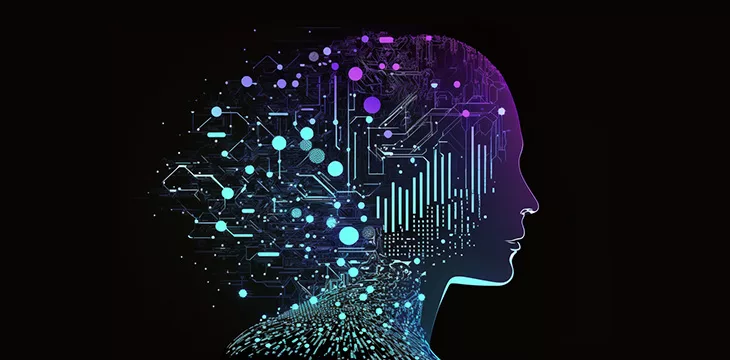|
Getting your Trinity Audio player ready...
|
Japan’s Ministry of Education, Culture, Sports, Science, and Technology has confirmed plans to allow the use of generative AI platforms like OpenAI’s ChatGPT in schools across the country.
The ministry disclosed that AI platforms would be deployed across elementary and high schools starting in July, The Japan Times reported. Officials clarify that guidelines for their usage in the classroom will be released in the coming weeks, but draft regulations offer a glimpse into its operation.
The draft regulations place an outright ban on using AI platforms for examinations, requiring teachers to educate pupils on the “tendencies and limitations” of the technology. Furthermore, the rules require limited use of AI platforms in the artistic fields of creative writing or poetry.
Officials note that generative AI platforms in Japanese classrooms are designed to aid learning, facilitating discussions among students. Authorities say the imposition of guardrails on the platforms will “nurture abilities to thoughtfully use generative AI” while improving learning standards in the face of increasing digitization.
The plans to integrate AI platforms in Japanese schools first came to light in early June, but parliament member Takashi Kii expressed worry over the absence of a proper government policy to implement their usage.
“Although the attitude of the Minister is very important for improving the work style reform of faculty and staff and handling generative AI, it was disappointing that he could not give a concrete answer on the key points of the government policy,” Kii said.
Japanese authorities have since raised the alarm over the risks associated with using generative AI platforms in the country. Kii stated that in the coming years, the country’s legal system could be clogged with intellectual property lawsuits stemming from the indiscriminate use of data in training AI models.
In 2021, Japanese law enforcement agents arrested four individuals involved in an AI-based digital currency scam, laying a foundation for the worrying use of AI in Japan.
Calling for stricter AI regulations
Japanese lawmakers are not the only ones pining for stricter AI regulations, as a new survey indicates the general public is also lending its voice.
The report noted that nearly 70% of respondents agreed to tighter AI regulations following privacy and cybersecurity concerns. In early June, Japanese authorities issued a warning to OpenAI over its data collection methods in the country after an initial embrace of the technology.
European consumer protection groups are pushing for stricter rules for AI usage, given the lengthy operational date of the European Union’s AI Act.
In order for artificial intelligence (AI) to work right within the law and thrive in the face of growing challenges, it needs to integrate an enterprise blockchain system that ensures data input quality and ownership—allowing it to keep data safe while also guaranteeing the immutability of data. Check out CoinGeek’s coverage on this emerging tech to learn more why Enterprise blockchain will be the backbone of AI.
CoinGeek Weekly Livestream: The future of AI Generated Art on Aym

 07-15-2025
07-15-2025 





